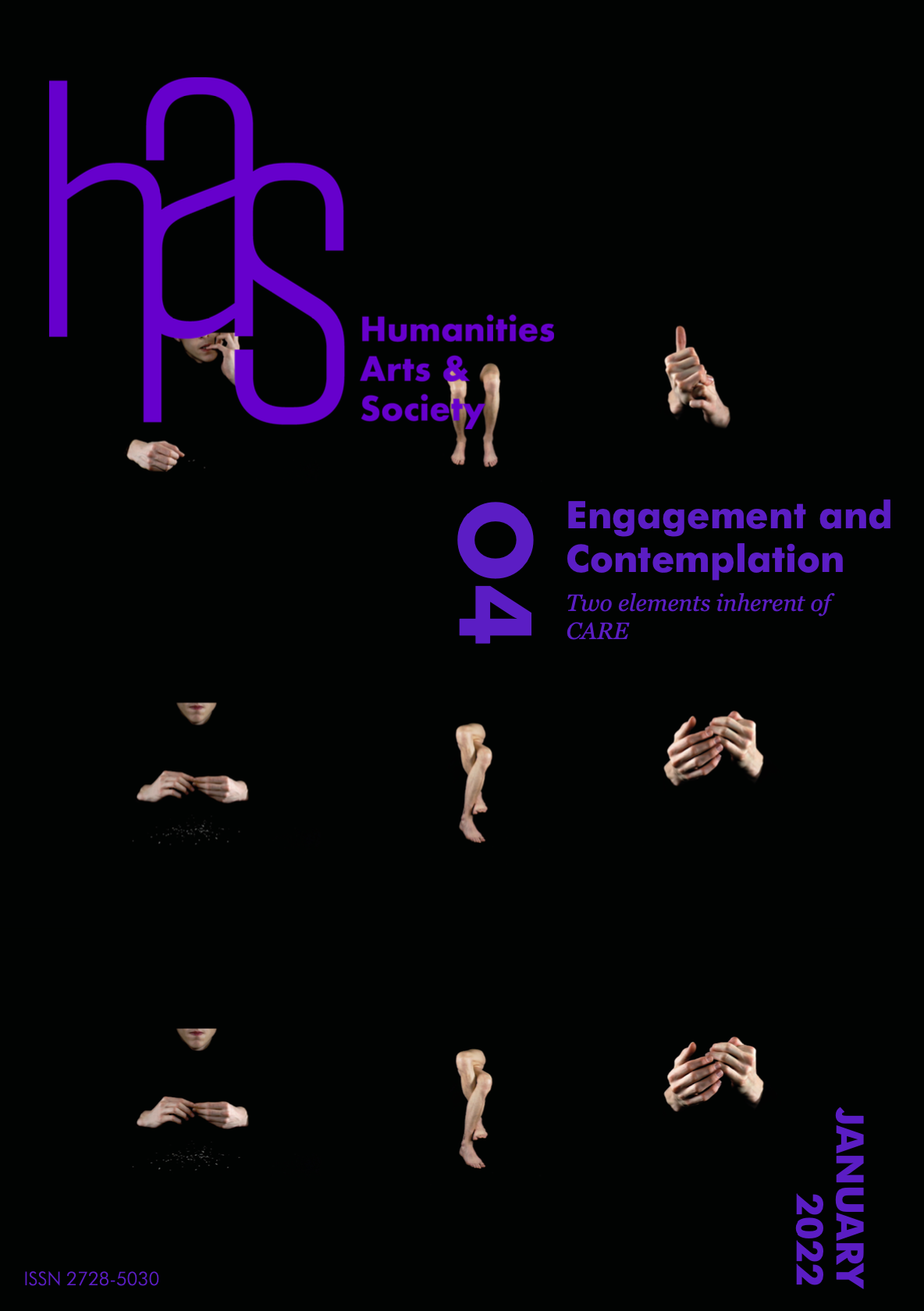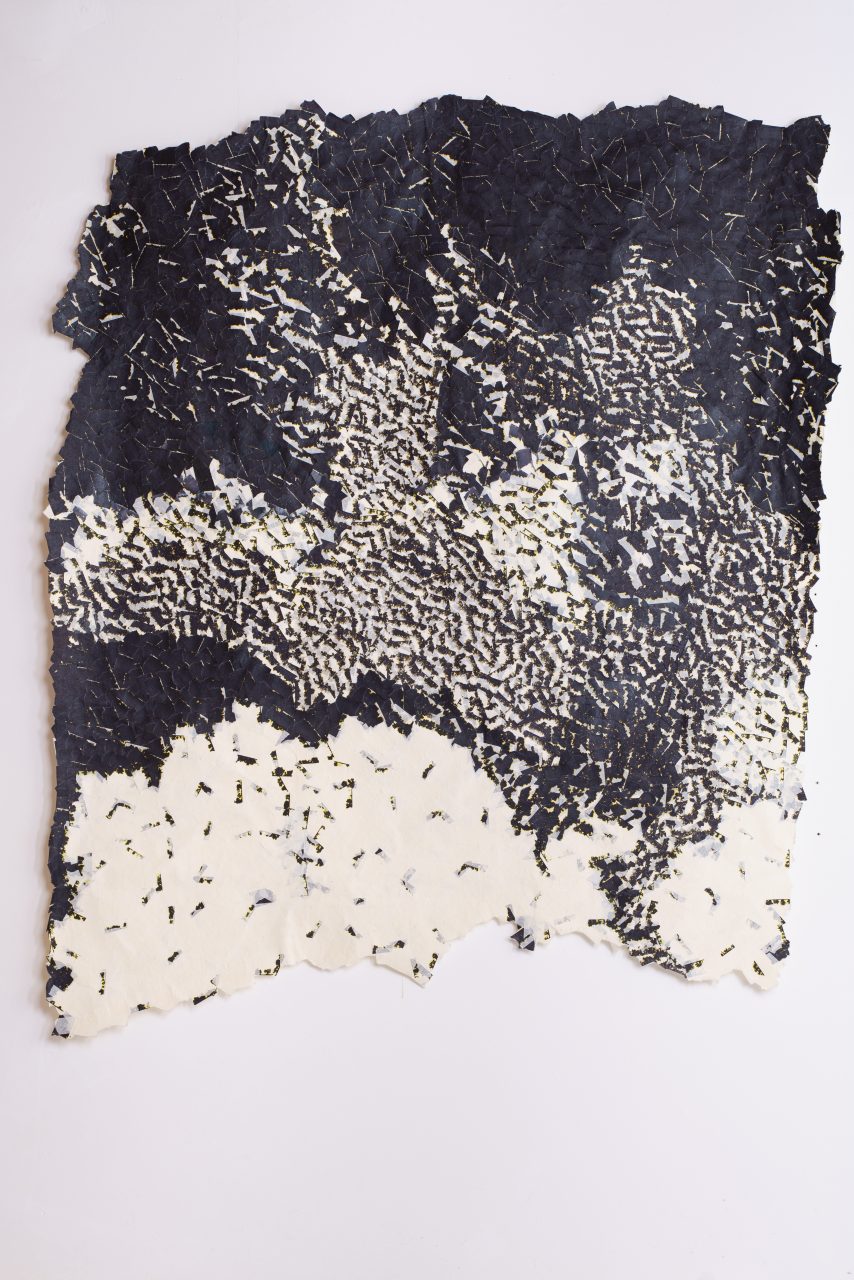
Photo: Bartosch Salmanski
“When civilization is not focused around care, it is nothing,” says Cynthia Fleury1.
I have always lived with so-called “vulnerable” people. As a child, I lived with my parents in a specialized institution for people with disabilities. Very early on, I asked myself questions about what made me different from the people around me, and without theorizing it, I perceived that nothing and no one was without a vulnerability—it was inherent to living.
I initially obtained a diploma in special education before turning to artistic training. I then chose to combine my plastic work with caring for people with disabilities or mental illness.
These practices are built in a consubstantial process. My plastic research questions the perception and consideration of otherness, vulnerability, and fragility in our societies. Essentially, I explore matters of humanity, corporality, solicitude, care, and ethics.
It is for me a strong necessity to experience and materialize in order to identify and translate what I observe of inter-human relations. My approach aims to give an accounting, to contribute to exchanges, and to build perspectives that question social systems. The approach is articulated in my work within medico-social structures, where I develop workshops of artistic practices.
The activities in these workshops are different from the occupational and/or therapeutic activities frequently encountered in this sector. They are not meant to transmit “knowledge,” nor as interventions which support a theme or have as a purpose the exploration of one or another medium. I invite the artists of the workshop to pursue a personal, singular, long-term artistic practice. I engage them to explore, and to experiment with, their own artistic territories.
The workshop participants function through the adoption of a paradigm of possibilities and the abandonment of seeing themselves uniquely in the light of vulnerability. The goal is to recognize themselves as capable—encouraging and supporting a feeling of “capability.”
“The confidence that I place in my power to act is part of this very power. To believe that I can is already to be capable.”2
In this way, new and innumerable forms of expression are developed that allow the construction of an identity in which disability is no longer an obstacle.
It is also a question of identifying opportunities, presenting and promoting productions—to work toward the recognition of people as artists and to contribute to the evolution of the way persons with disabilities are perceived.
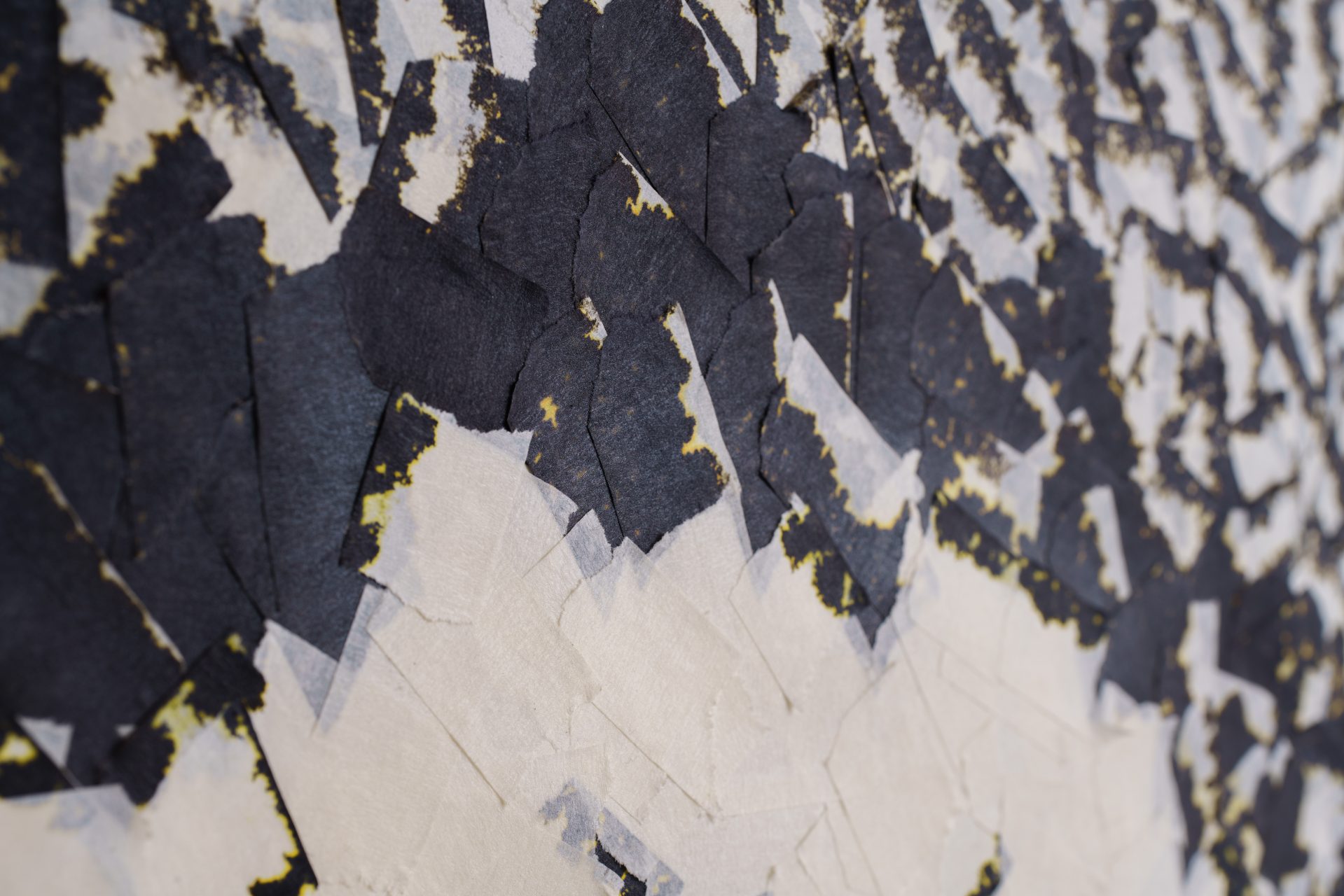
Photo: Bartosch Salmanski
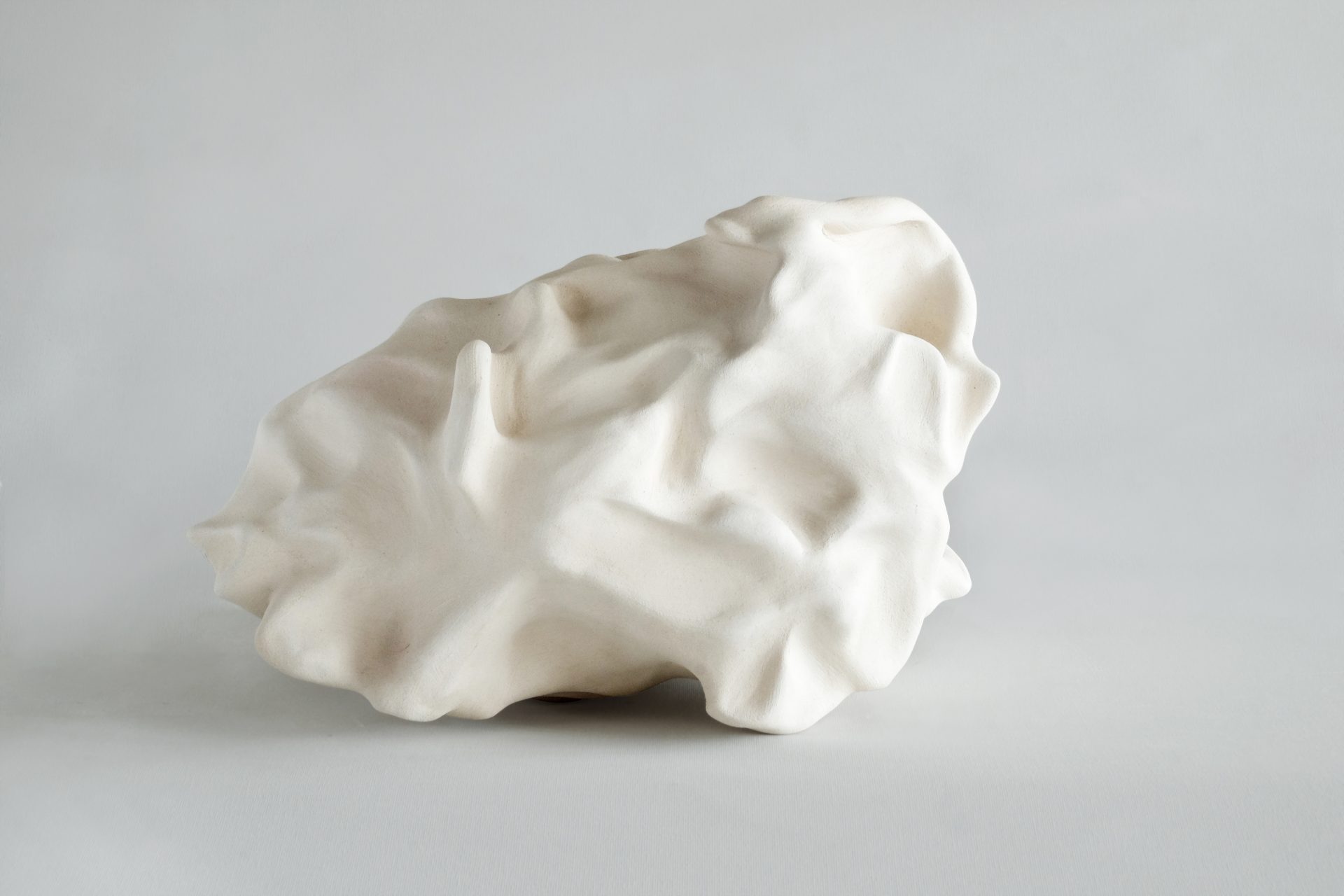
Photo : Clotilde Lequitte
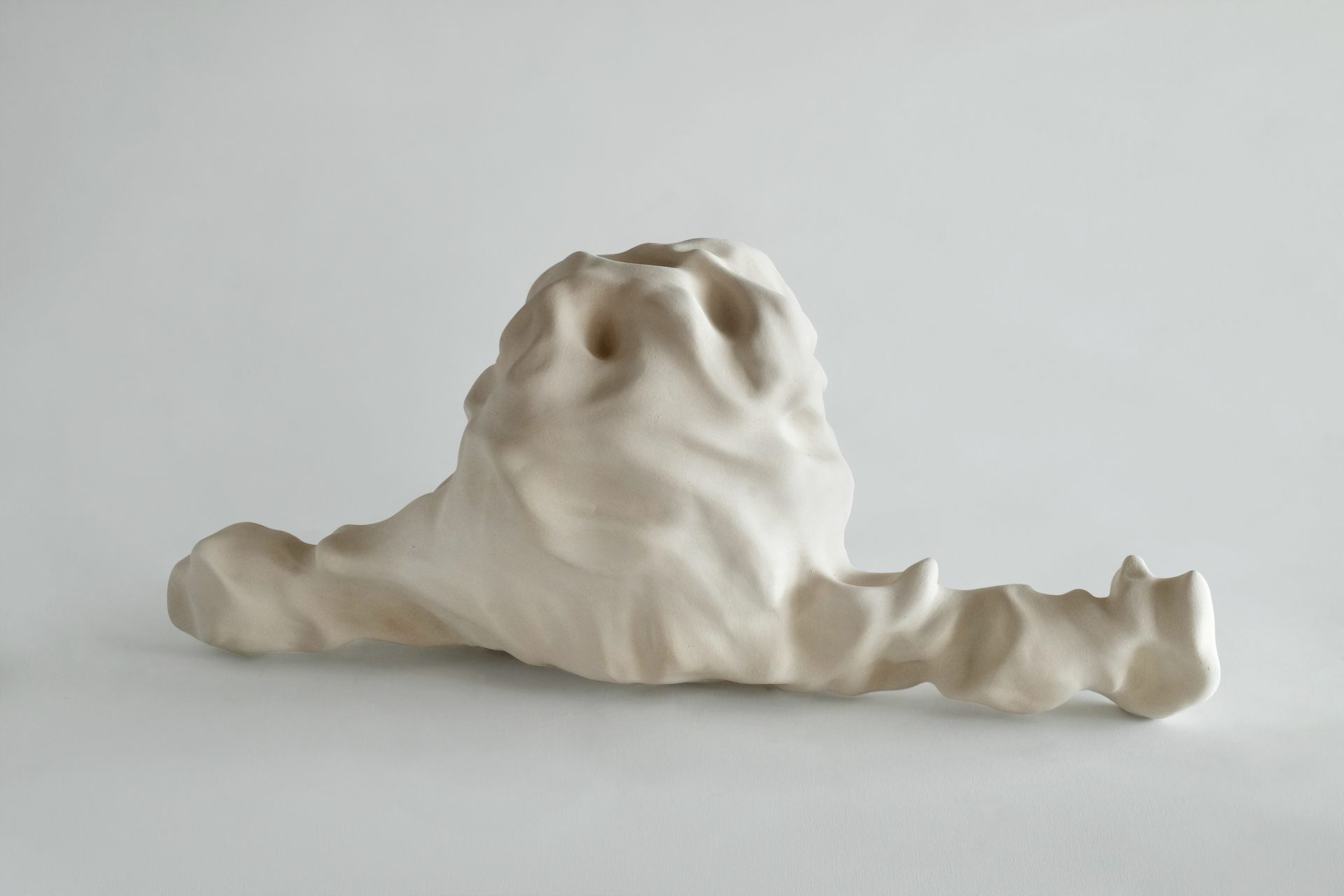
Photo : Clotilde Lequitte
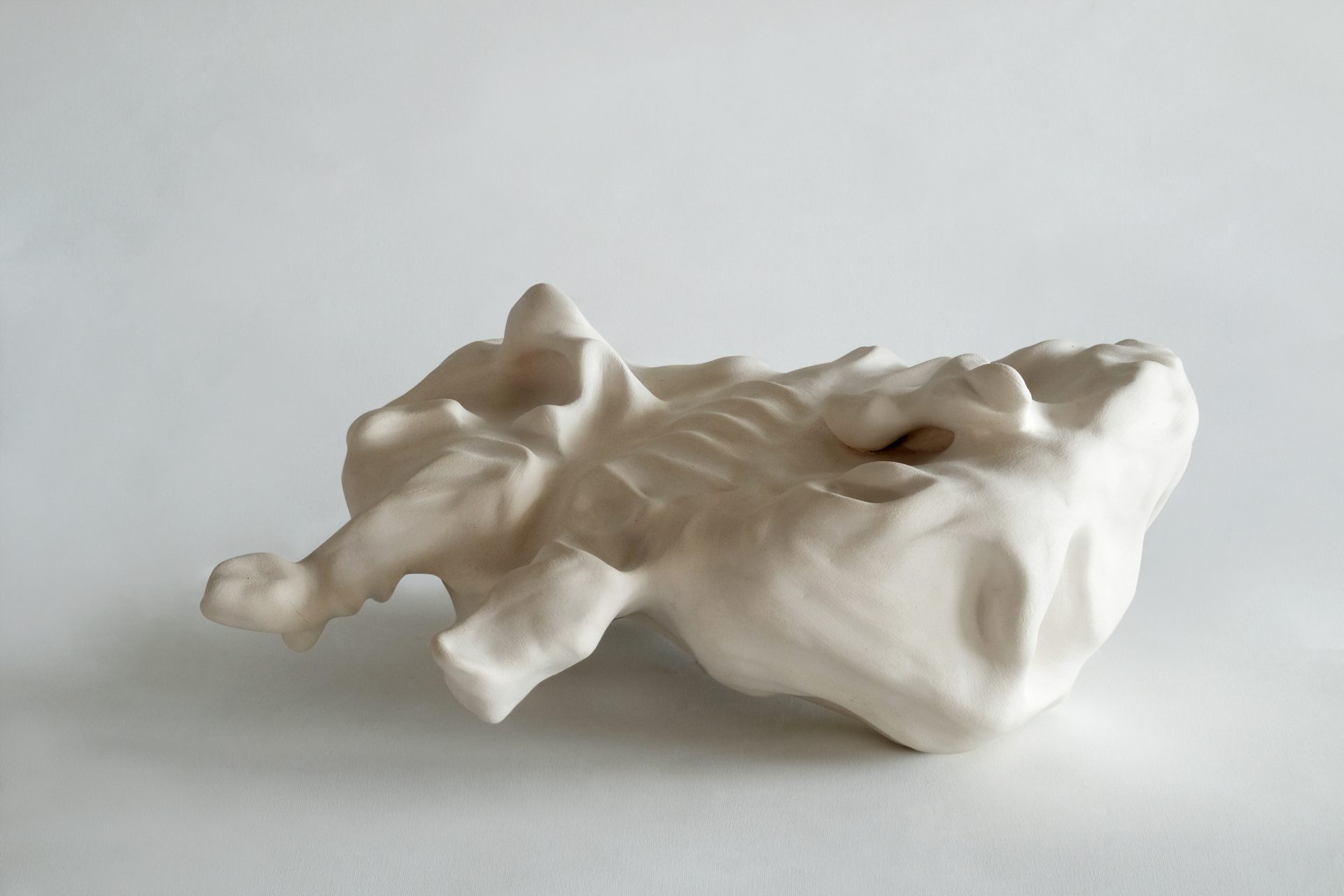
Photo : Clotilde Lequitte
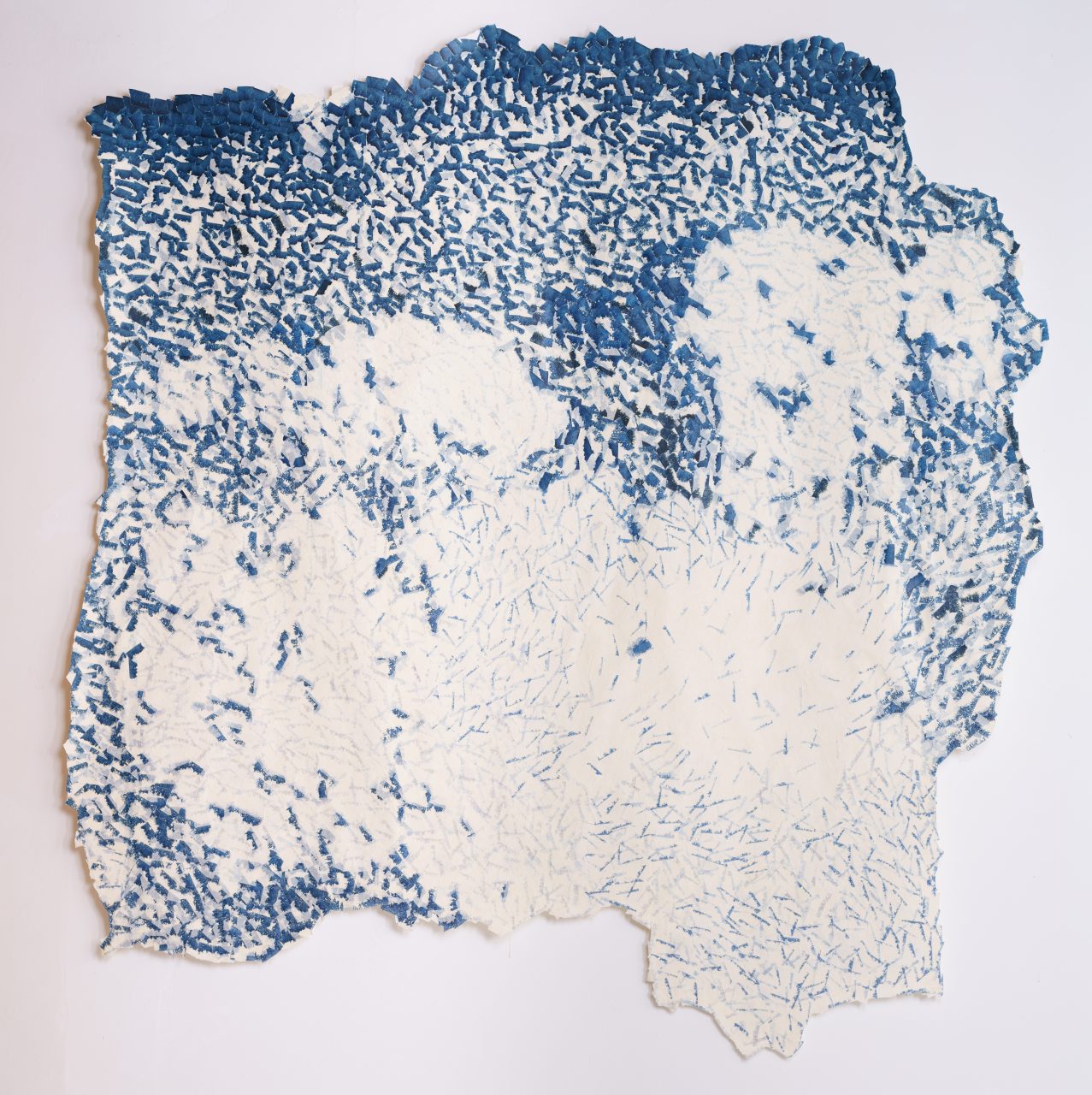
Photo: Bartosch Salmanski
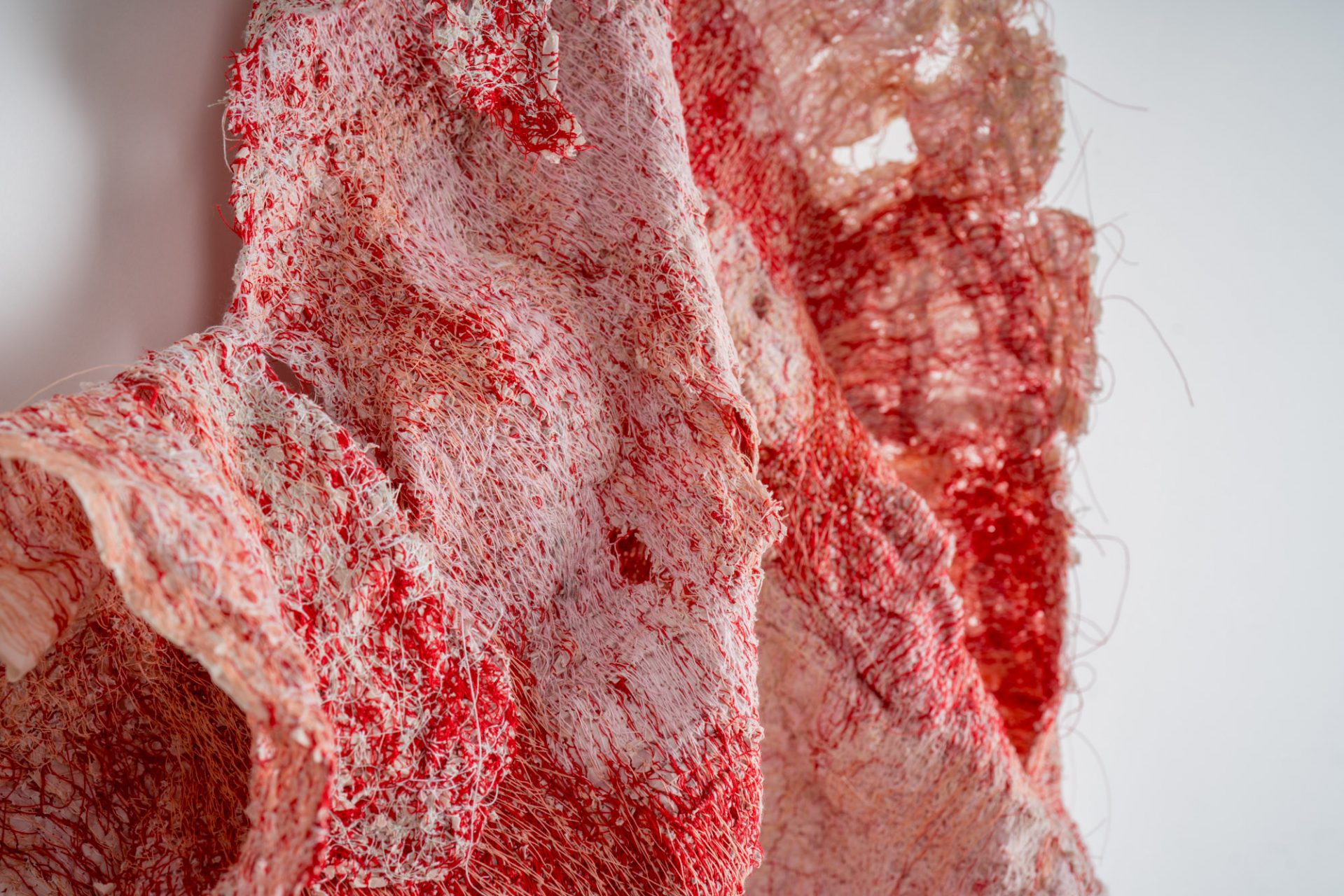
Photo: Bartosch Salmanski
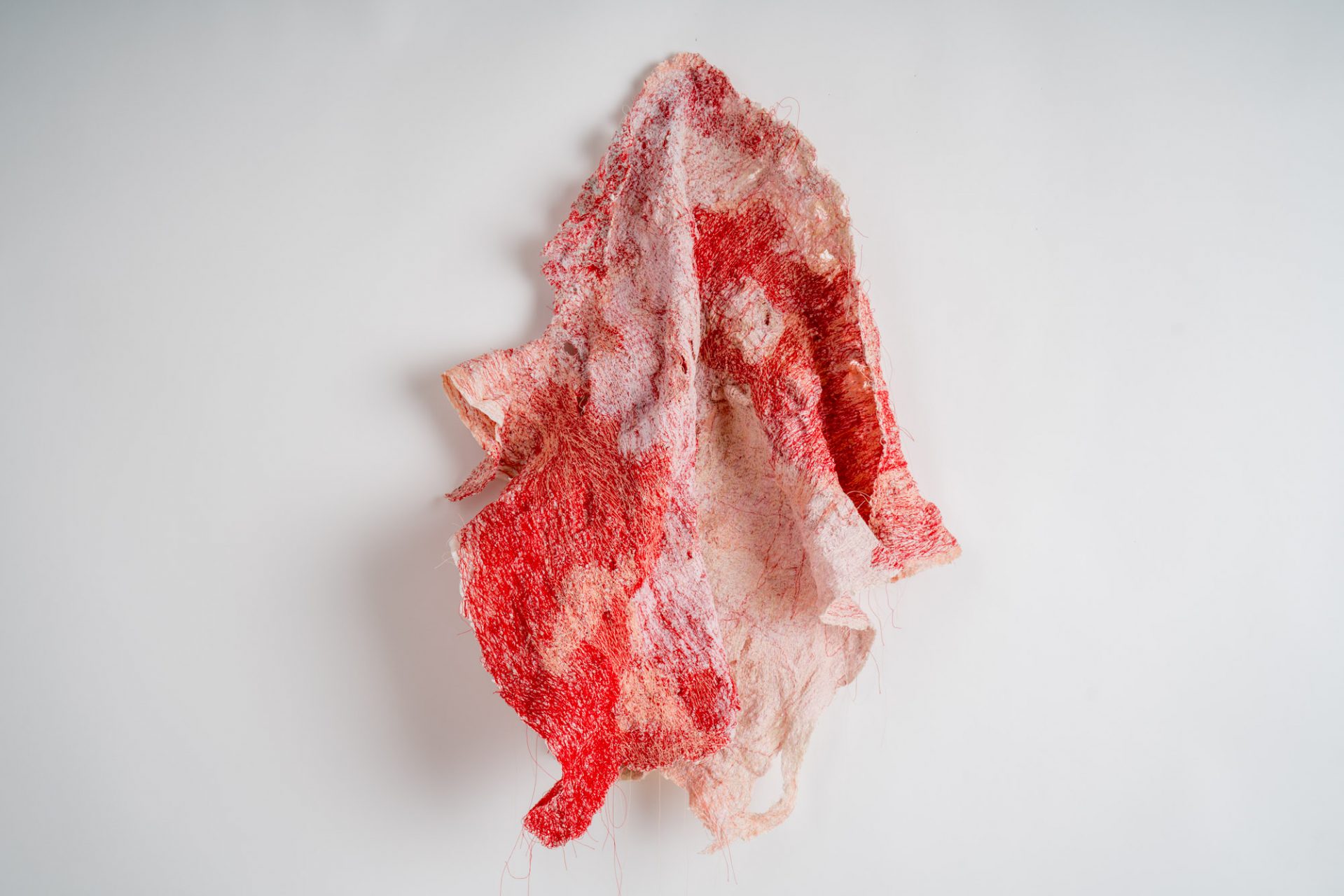
Photo: Bartosch Salmanski
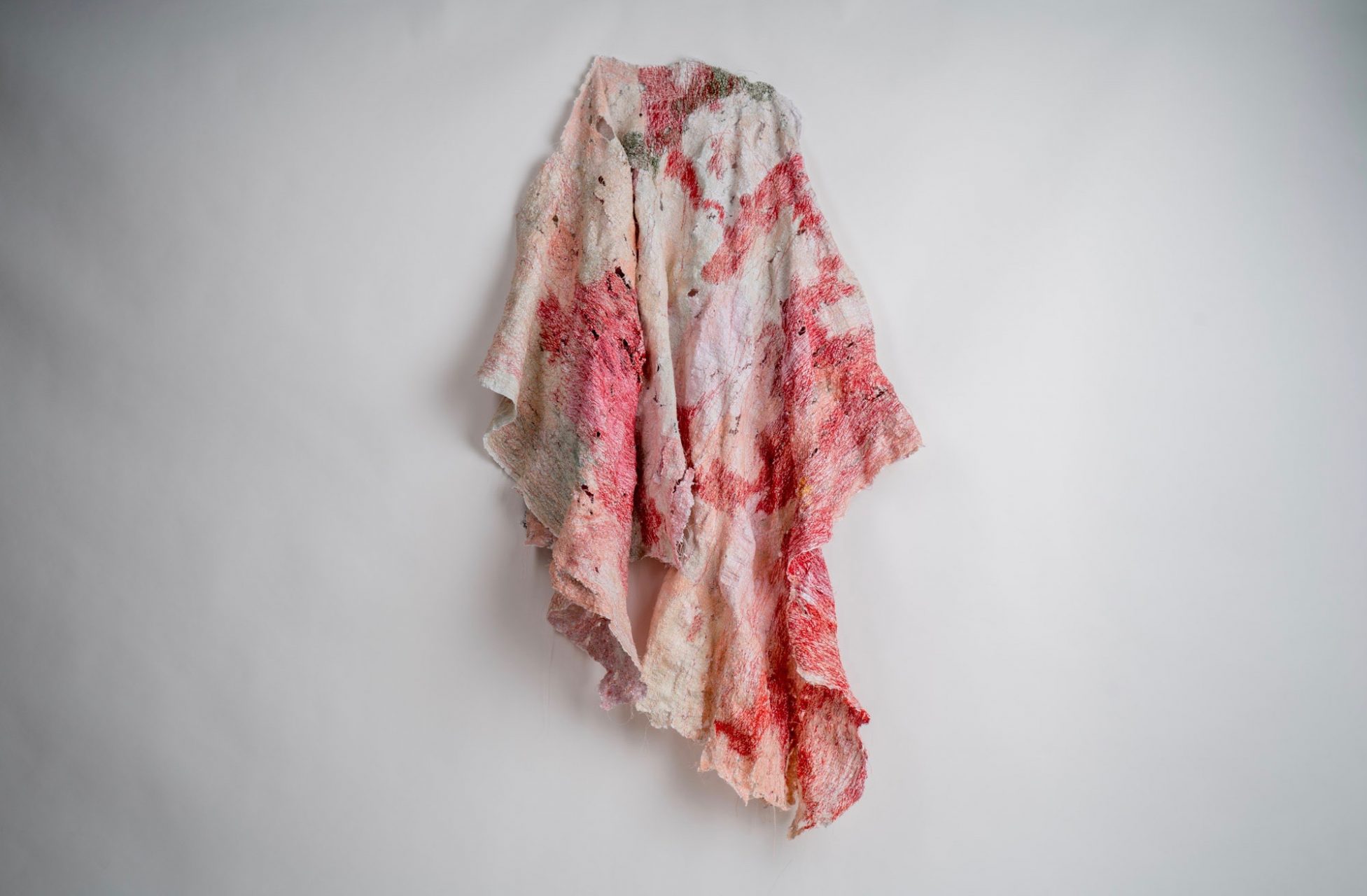
Photo: Bartosch Salmanski
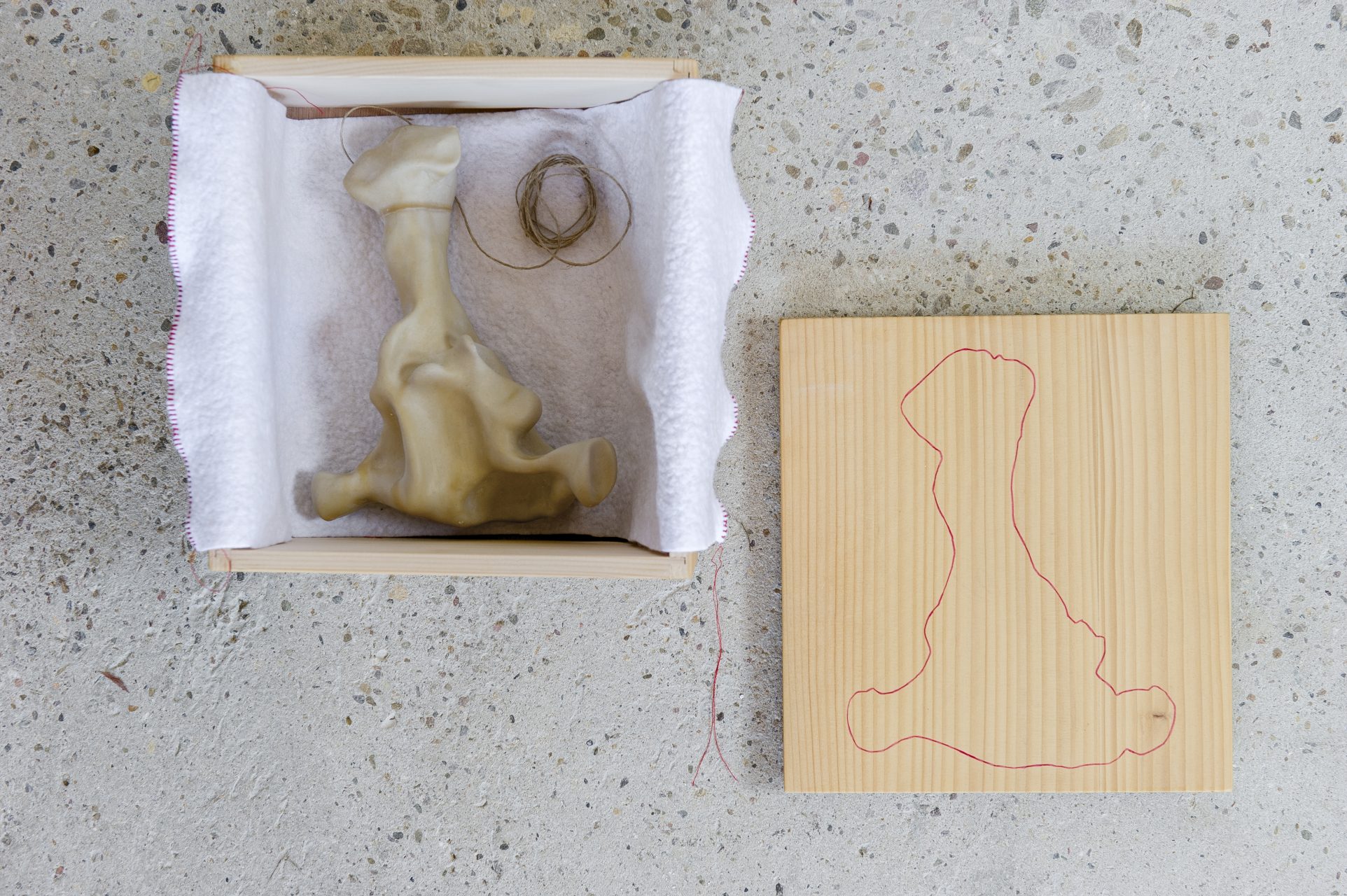
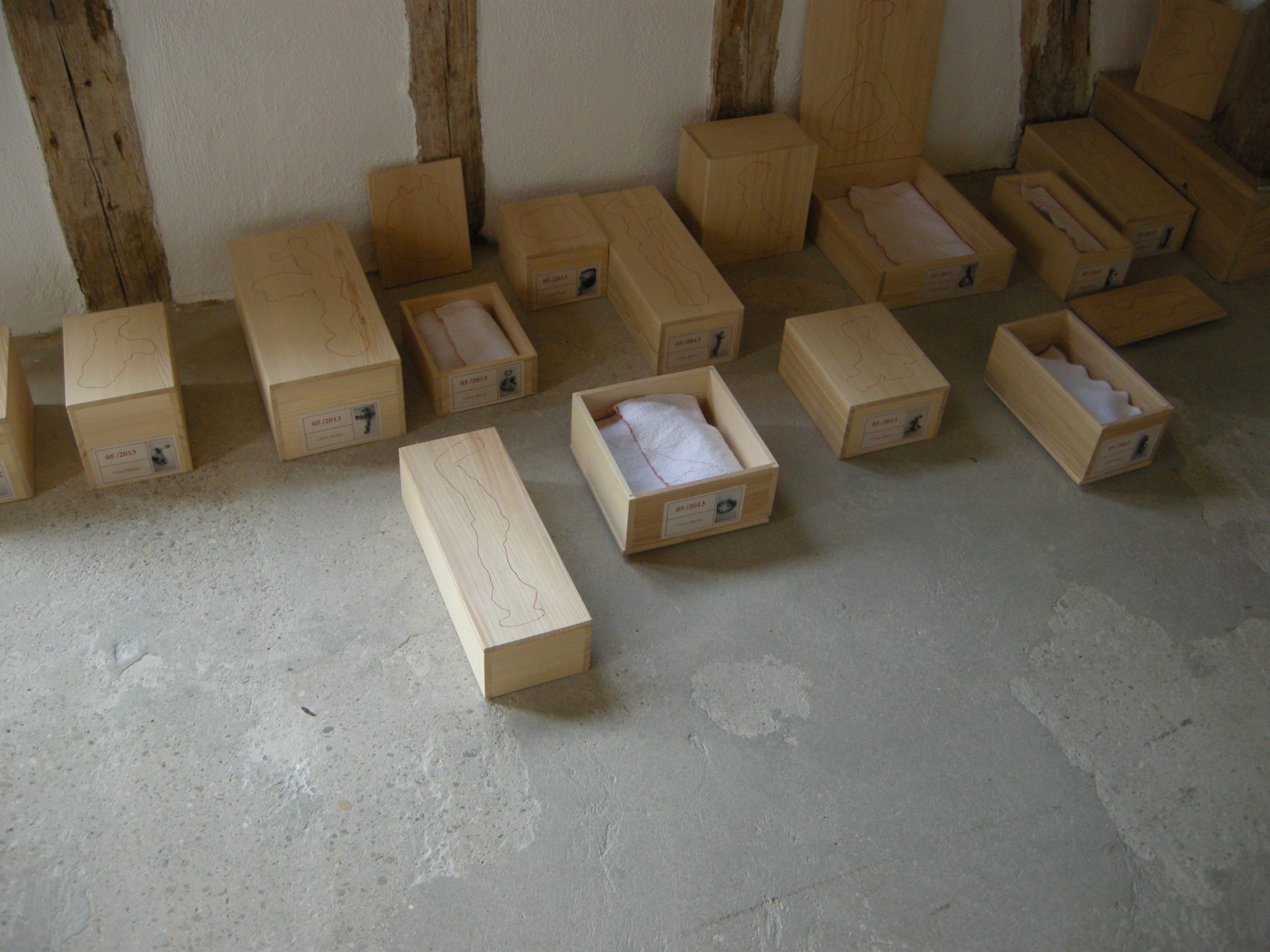
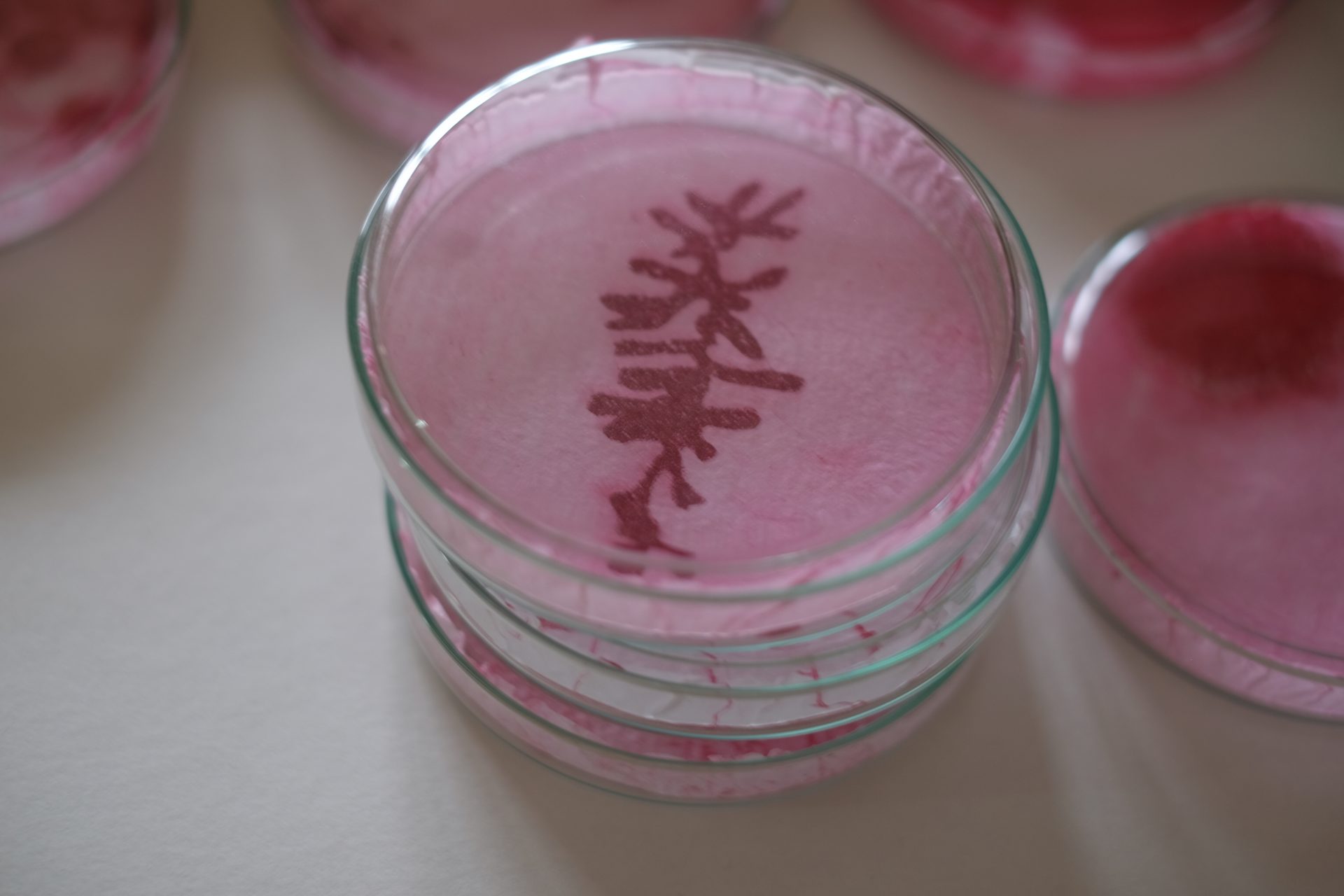
Photo: Marianne Dineur
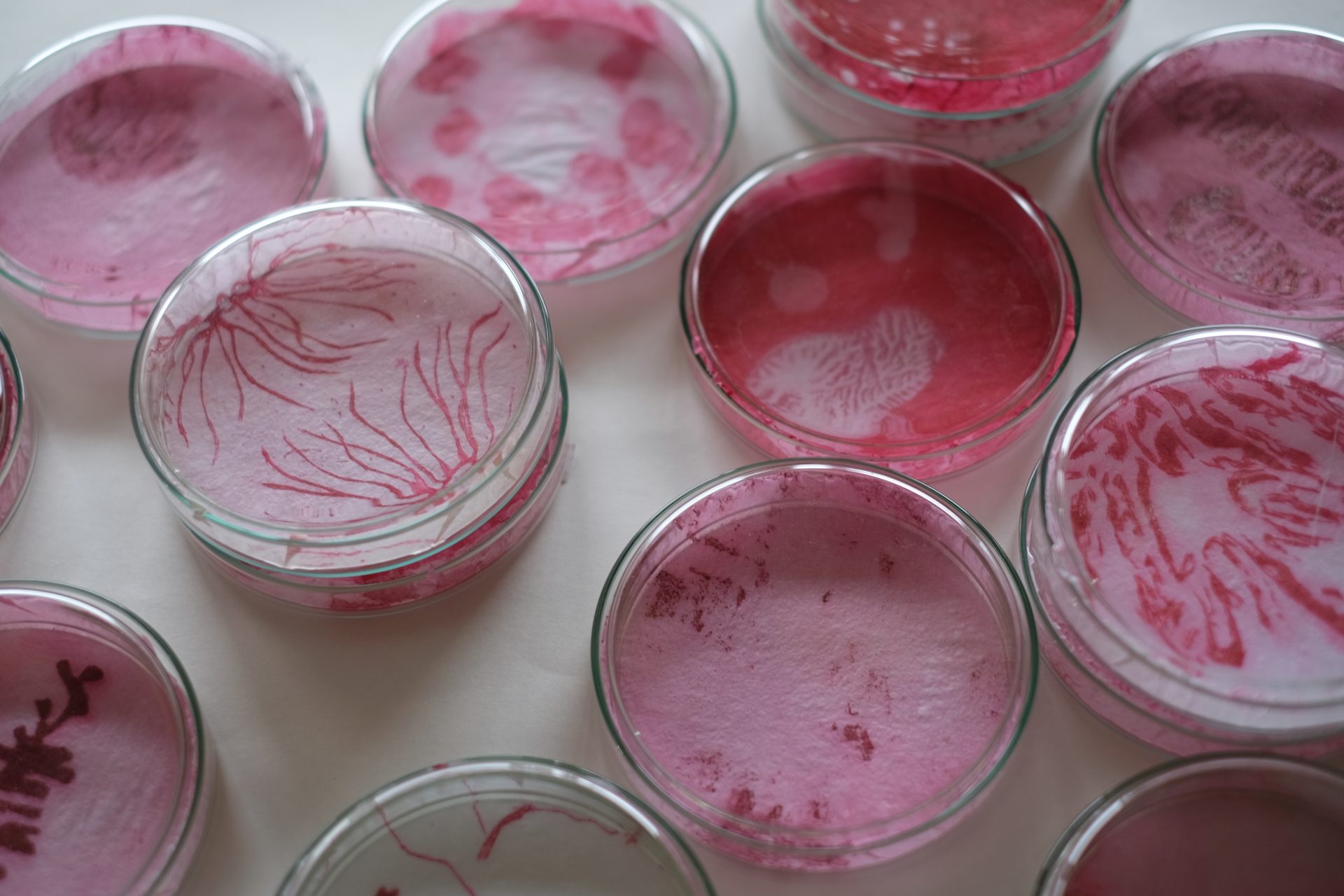
Photo: Marianne Dineur
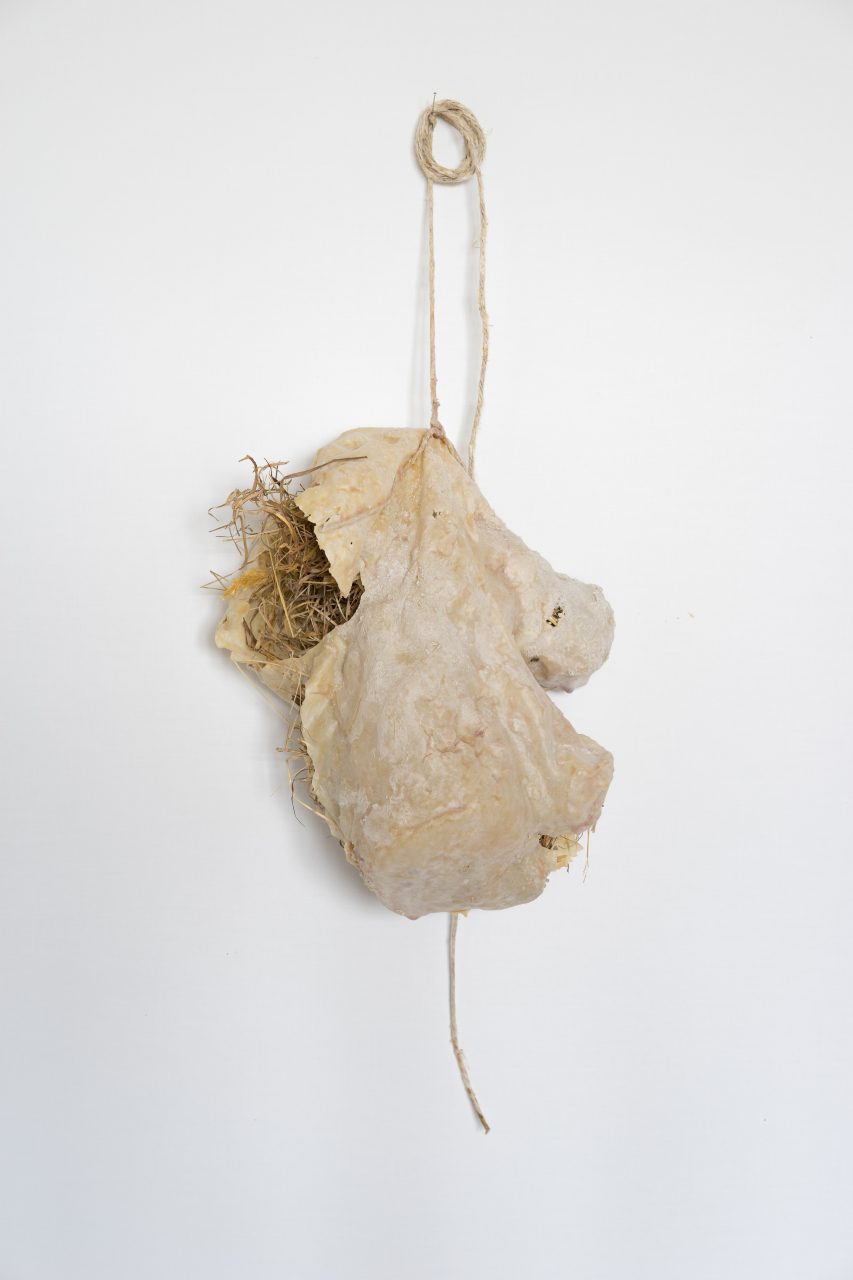
Photo : Aude Lavenant
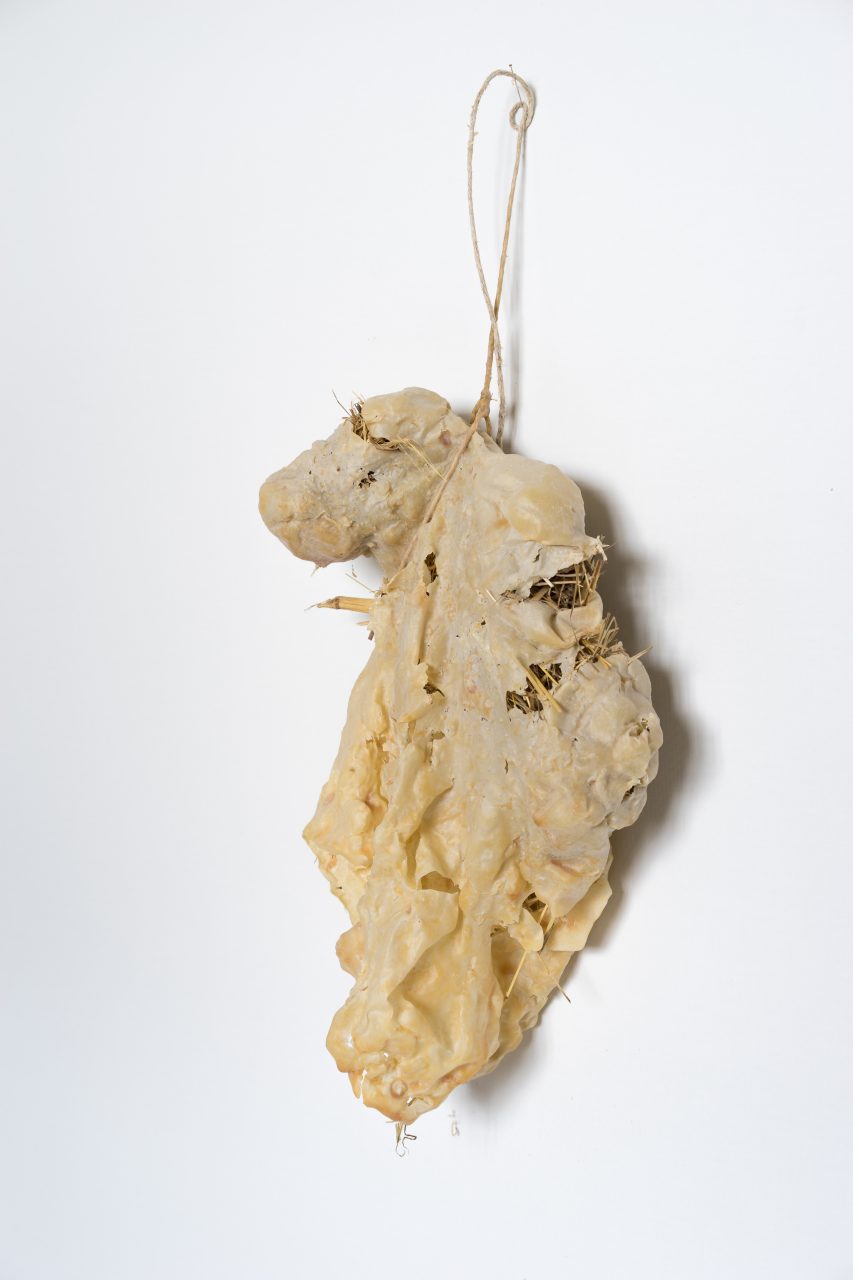
Photo : Aude Lavenant
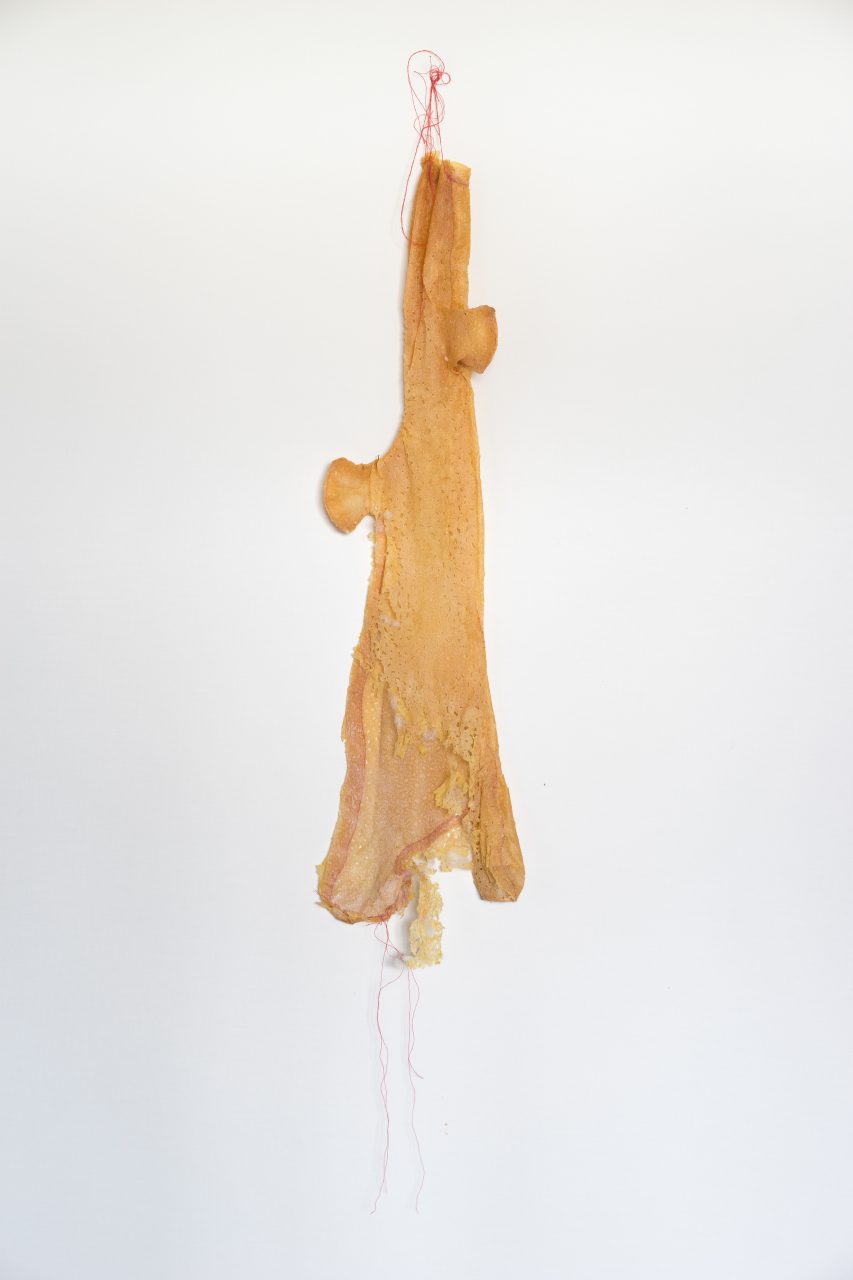
Photo : Aude Lavenant
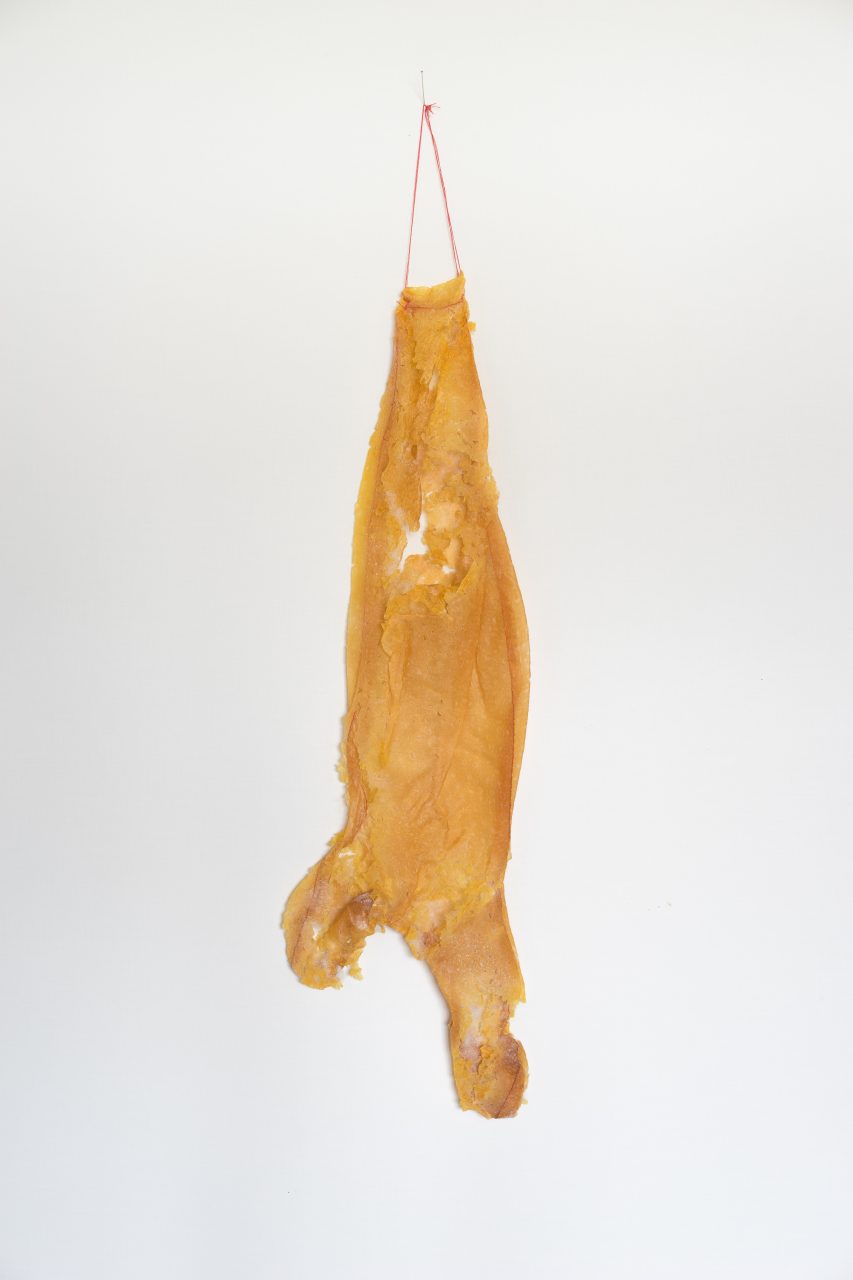
Photo : Aude Lavenant
References
1. Cynthia Fleury, Le soin est un humanisme, Tracts Gallimard, May 2019.
2. Paul RIcoeur, Autonomy and Vulnerability, Saint Louis University Press, 1997.
Céline Martin is a visual artist and a specialised educator. Céline Martin’s work is built on a multidisciplinary approach. It combines plastic research and artistic practice workshops for people with disabilities in their creative process within medical and social institutions. She participates in exhibitions in France and abroad.
Céline Martin is a visual artist and a specialised educator. Céline Martin’s work is built on a multidisciplinary approach. It combines plastic research and artistic practice workshops for people with disabilities in their creative process within medical and social institutions. She participates in exhibitions in France and abroad.
